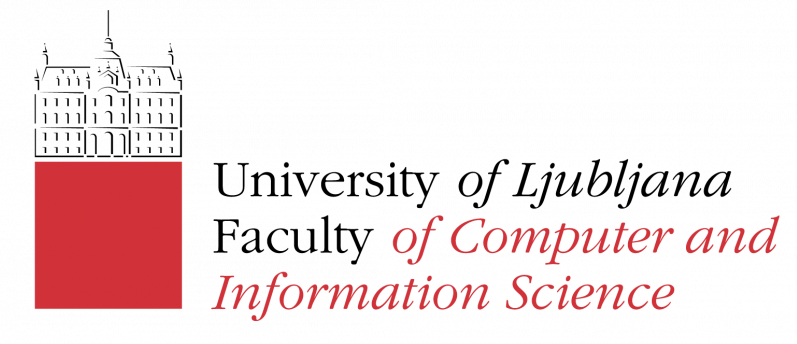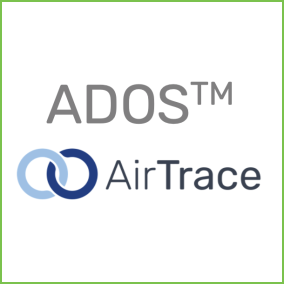
ABOUT THE PROJECT
ADOS (AirTrace Decentralized Oracle System): an advanced AI-based oracle system for securing off-chain IoT data integrity when injecting in the blockchain
According to several studies, the adoption of Blockchain (BC) technologies in the realm of IoT (Internet of Things) is going to grow exponentially during the next years, i.e. the global blockchain Internet of Things (IoT) market will become a three billion dollar industry by 2025. Worth $32 million (USD) in 2018, several reports put the industry at a 91% growth rate starting 2021. As an increasing number of businesses invest in IoT to connect and share data, company leaders are recognizing the potential of blockchain technology to ensure the transfer of information is secure.
However, applying blockchain to IoT is a still a big challenge today, as it entails properly facing several hurdles like oracle trustworthiness, scalability, interoperability, resource consumption, privacy, and processing delays, among others. In this project our focus is to develop new approaches for distributed oracles to be tested with AirTrace, a blockchain-agnostic platform that allows any blockchain practitioner (ranging from hobbyists to large corporations) to easily integrate blockchain capabilities in their IoT networks.
Our efforts for ADOS aim at developing an advanced solution for a distributed system of oracles in IoT scenarios. IoT sensors present some promising options to improve security, reliability, and authenticity of the information provided by oracles, that we want to explore via cutting-edge technologies like Artificial Intelligence thanks to anomaly detection, for instance, and the application of advanced identity verification procedures for each particular IoT device. Thanks to our developments, the ONTOCHAIN community will have the chance to resort to our solution in terms of oracle handling and thus increase the reliability, security and authenticity of any information injected to the ledger.
"ADOS - AirTrace Decentralized Oracle System" was previously called "ADOS - AirChain Decentralized Oracle System"
Website: https://airtrace.io/blog/solutions/airtrace-decentralized-oracle-system
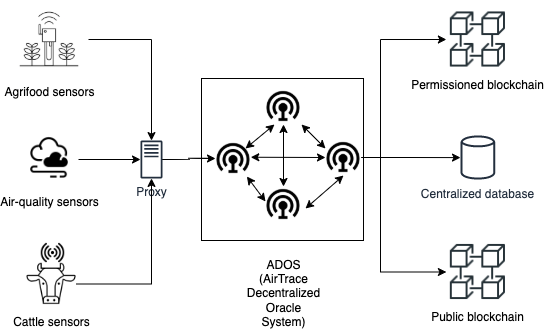
Motivation for the project:
Most advanced oracle protocols do not take advance of the intertwining ontological relations of IoT devices in particular scenarios (agriculture, industry, etc.). Resorting to geospatial (or even more) correlations could lead to cutting-edge anomaly detection algorithms to maximize data integrity before injecting into the blockchain.
Generic use case description:
ADOS will be especially used in scenarios where IoT data integrity must be monitored and quantified before injecting into the blockchain to continuously track it and maximize its reliability for effective auditing.
Essential functionalities:
ADOS will be based on an anomaly detection scheme whereby the algorithm benefits from the ontological relations of IoT devices measuring correlated magnitudes, so that it is possible to not only blockchainize the specific data, but also its integrity factor.
How these functionalities can be integrated within the software ecosystem:
These functionalities will offer a specific integration scheme that will take into consideration specific metadata from IoT devices (space location, time, measuring magnitude, etc.) in order to track the integrity factor of data produced by the IoT device.
Gap being addressed:
There is little to no research on distributed Oracle systems for IoT. If we even go further the line, we do not find, as far as we know, any work using AI in this kind of scenarios. That is why we want to cover this particular gap with an effective solution.
Expected benefits achieved with the novel technology building blocks:
ADOS will offer bidirectional value: B-IoT integrators will find it useful to track and quantify the integrity of data they inject into the blockchain, thus paying extra money that will attract oracle creators that will generate information useful for the anomaly detection scheme.
Potential demonstration scenario:
We think of a real-life or a simulated scenario where we showcase an IoT sensor network whose data is injected into the Blockchain. Thanks to ADOS we will see how data integrity can be measured before it is blockchainized, so that audits track not only data, but its integrity factor as well.
PROJECT OUTCOMES
IoT System Integrators and IoT SaaS platforms can use ADOS, in an growing set of scenarios to quantify the quality/reliability of data before injecting into the blockchain by using iExec’s decentralized pool of workers, each one having a specific version of the anomaly detection model and returning data quality factor by following a consensus algorithm among the parties. Then, data is recorded on the blockchain along with DQF, by creating an evidence that represents the Blockchain operation given.
Demo:
Repositories:
GitHub: https://github.com/ONTOCHAIN/ADOS
Currently open to the ONTOCHAIN community only. Reach out if you need access.
Documentation:
More details:
Scenario
Three main scenarios:
Scenario 1—Water quality sensors
In water treatment plants, it is possible to find several sensors measuring water levels, water quality, valve status, flow rates, etc. Data measured by these IoT sensors can be related in complex, nonlinear ways. For instance, opening a valve might result in changes in pressure and flow rate. We will use datasets already available in the literature measuring aforementioned metrics during extensive time periods.
Scenario 2—Acoustic sensors
In smart cities, acoustic changes can reveal changes in car traffic, weather conditions, etc. Acoustic methods are used to monitor the overall state of the cities, especially, the quality of life of people living there. As part of our initiatives, we will test our architecture in several acoustic sensing datasets to check for the underlying related connections of data measured by this type of sensing technology.
Scenario 3—Transportation sector
Especially regarding the upcoming industry of autonomous vehicles, our plan is to understand the existing dynamics arising in scenarios of car traffic in order to understand how vehicular mobility of several vehicles can affect each other and how their intertwining relationships can help for the calculation of the Data Quality Factor (DQF). There are several datasets available in the literature, we will resort to a dataset containing mobility data (position, speed, acceleration, etc.) primarily
Semantic content and content transfer
The following content is required:
- Geolocalization
- Specific measurement magnitude
- Ranges of operation
- Other IoT product specification
TEAM
Juan Bautista Tomás Gabarrón (Cubic Fort Consultores SL)
PhD in Computer Science, 7 years as entrepreneur.
Gonzalo Rodríguez Robledo (Cubic Fort Consultores SL)
Bussiness Developer, CEO Oceanus Foods (Hong Kong), CEO Agrofruits SRL (Argentina) , CEO Grupo IMEX SRL (Argentina), Comercial Manager - CWT trading (Dubai).
ENTITIES
In Cubic Fort we are experts in industry traceability, with high specialization in Blockchain (Ethereum and Hyperledger ecosystem), and Artificial Intelligence technologies (computer vision, NLP) applied to this domain.
Universidad Católica San Antonio Murcia (UCAM)
UCAM is a private Catholic University with more than 20 years of history and 20.000 students that offers 32 prominent European official graduations, 87 Master programs, 5 PhD programs and other prestigious studies.
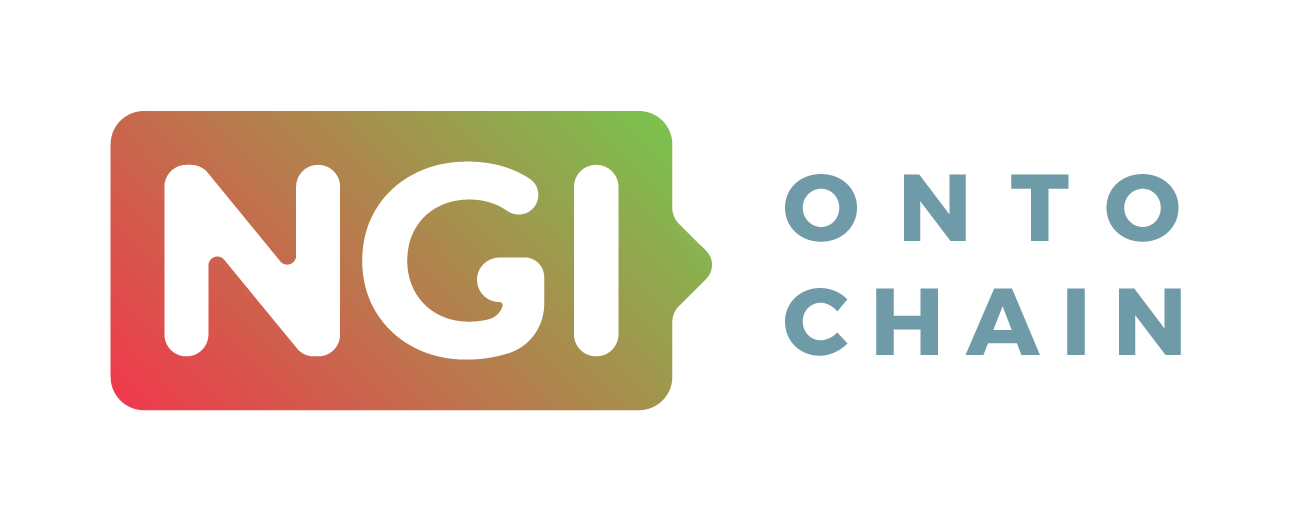

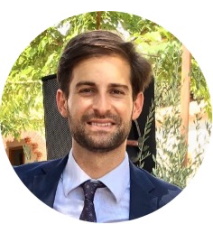

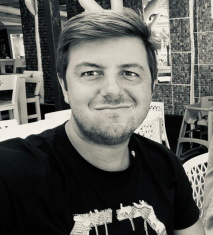

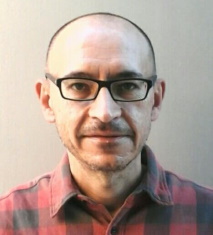
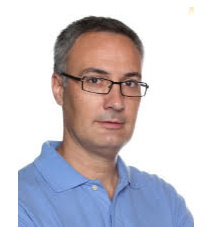


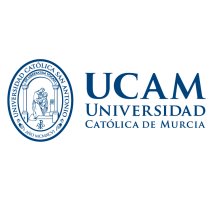
 This project has received funding from the European Union’s Horizon 2020 research and innovation programme under grant agreement No 957338
This project has received funding from the European Union’s Horizon 2020 research and innovation programme under grant agreement No 957338
